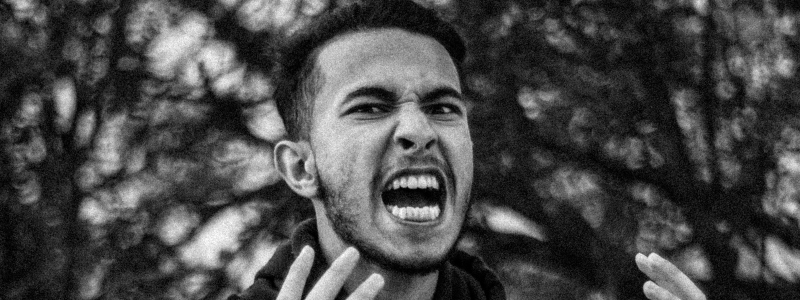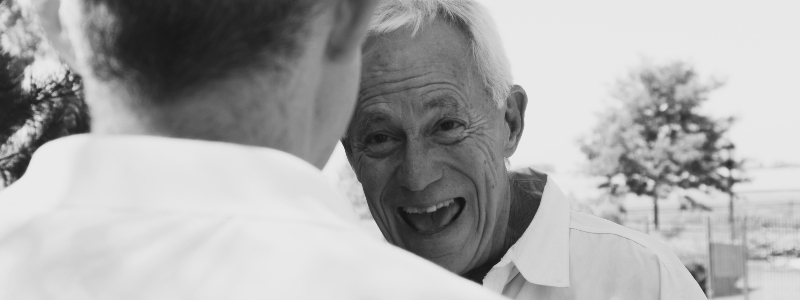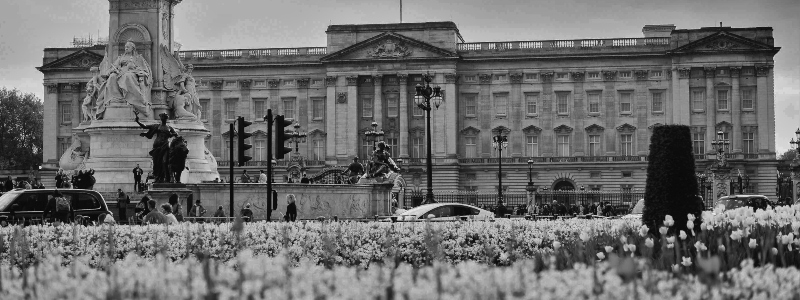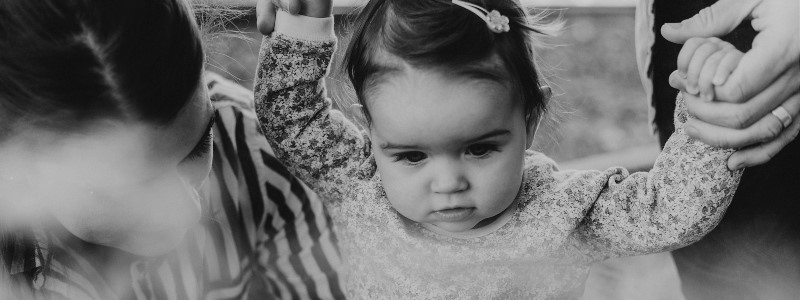What emerges for us when we consider capability and capacity (i.e. passion, ethics, power, and potential) as a continuous living question and movement? One that never ceases to be reshaped, if we open into our experiences and recognise and intimately feel the sensorial and impermanent nature of human existence. What happens if we do not consider capability and capacity as a continuous and important living question and movement? One answer might be nihilism and a kind of stagnation.
Often nihilism is utilised as a concept to signify people who hold values, beliefs and attitudes that pertain to something like ‘without purpose and significance nothing matters’ or ‘there is no point or meaning to life’. Nihilism may veer towards people having an absence of any ethical beliefs and values.
I once heard someone say that ‘nihilism is a diagnosis of the present’ and this can sometimes trap us and hold us hostage. Unable to transform. Nihilism may well be seen as a possible coping mechanism for life’s challenges of course. However, it is also a reductive and reactive discernment that attempts to reduce the impermanence, complexity, ambiguity and multiplicity of life and existence. It might also be considered as a sort of bad faith, limiting the creative possibilities that can sometimes emerge out of all encounters with, in, and as life, including experiences of trauma, suffering, pain, loneliness and despair. I believe these effects and dynamic forces are and can be incubators of transformation. Can we feel them intimately, whilst also breaking, or at least disturbing, our attachment to life, relationship and ourselves being and remaining a certain way? Can we keep looking afresh? Can we retranslate? Can we somehow make friends with the perilous journey of falling and transformation? Perhaps we must accept uncertainty, and ambiguity will come along for the ride?
“I love those who do not wish to preserve themselves. I love with my whole love those who go down and perish: for they are going beyond” (Nietzsche, 1969, p. 217).
Nietzsche viewed nihilism as a type of psychological position. A reactive and life-diminishing force which can sabotage us and get in the way of moving beyond. It can be a type of denial, rejection, avoidance and condemning of life. A disengaging with life itself, a devaluing of life as it actually is. A life-diminishing energy rather than a life-affirming force. Nietzsche would say without a purpose or higher meaning, life is still well worth living and asserting one’s expression, and it really matters that we do not fall into fatigued thinking. We must reject the devaluing of life for our capacity to flourish, because otherwise, at the very least, we become detached and disconnected from life and we might miss it, caught up in the spirit of revenge, ‘ressentiment’- simply stated as ‘it is your fault or mine’. Of course, his notion of ressentiment is more complex than this, but the point is that this position, if held on to for too long, will become a stagnated one. He asserts we must move beyond this, when we can, by accepting the conditions of our existence and create from there.
One might say the antidote to ressentiment is letting it go. Easier said than done. However, can we wonder about anger as an example of moving beyond. Anger is a natural emotional energy. However, we often feel it is unacceptable, we may suppress it and become stagnated in reactive and destructive anger. However, can we relate differently and utilise it as an active, creative, and potent force that can clarify what matters and open new possibilities in living and acting, so that we find a new direction of travel and move beyond?
“…metamorphosis was the master principle of Goethe’s speculations in science and art…” (Paglia, 1990, p. 255)
To enquire about psychotherapy sessions with Susanna, please contact her here, or to view our full clinical team, please click here.
Susanna Petitpierre, UKCP accredited, is an experienced psychotherapeutic counsellor, providing long and short term counselling. Her approach is primarily grounded in existential therapy and she works with individuals. Susanna is available at our Brighton and Hove Practice.
Further reading by Susanna Petitpierre
On living as becoming – (part two)
On living as becoming – (part one)
References:
Paglia, C. (1990) Sexual Personae. Art and Decadence from Nefertiti to Emily Dickson. New York: Vintage Books.
Nietzsche, F. (1969). Thus spoke Zarathustra (R. J. Hollingdale, Trans.). London, UK: Penguin Books. (Original work published 1883-1885)














